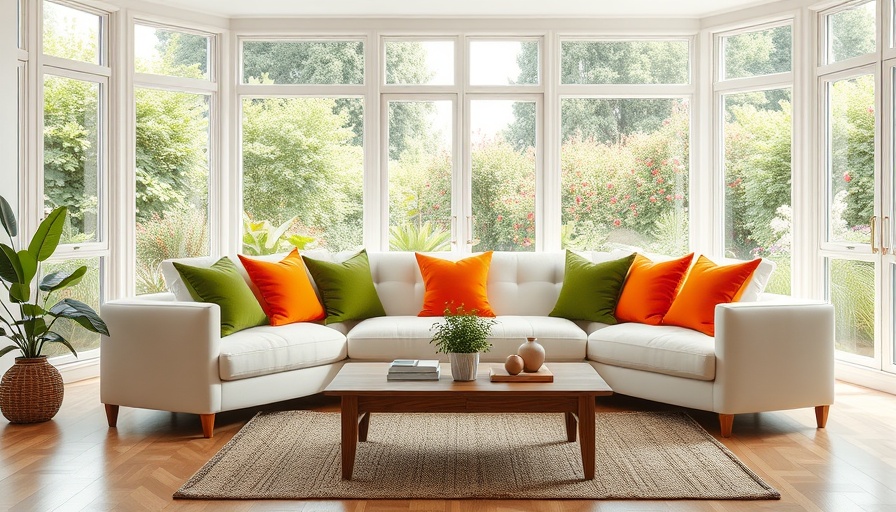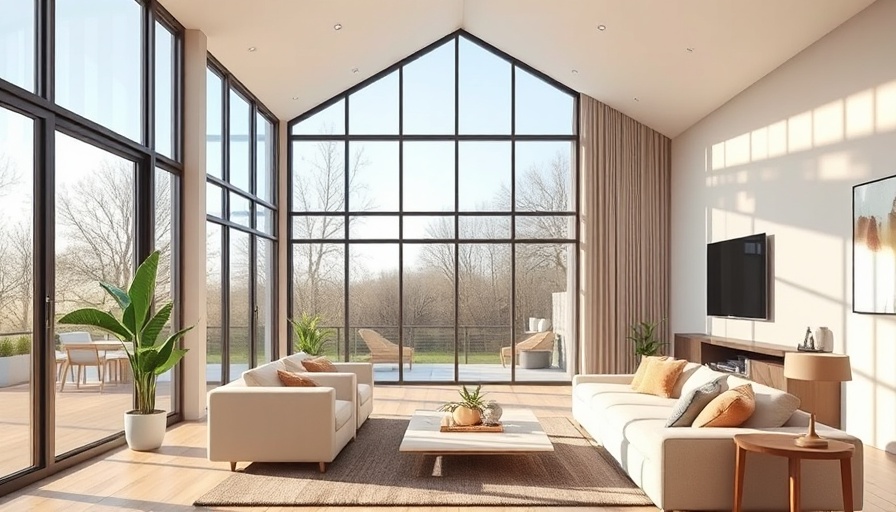
Understanding Triple Glazing: A Brief Overview
As homeowners continuously seek ways to enhance comfort and efficiency, upgrading from double glazing to triple glazing has emerged as a favorable consideration. But what exactly is triple glazing? Essentially, it consists of three panes of glass instead of two, creating two insulating gas-filled spaces in between. This additional layer is designed to significantly reduce heat transfer, potentially leading to greater energy efficiency and cost savings on heating bills.
Cost Comparison: Is it Worth the Investment?
One of the primary factors influencing the decision between double and triple glazing is cost. A standard uPVC double glazed window averages around £450, equating to approximately £4,050 for a typical three-bedroom house. In contrast, a triple glazed unit averages about £550, bringing the total for nine windows to around £4,950—about 20% more costly. However, with rising fuel costs, the long-term energy savings of triple glazing may make this investment justifiable, particularly in colder climates where heat retention is crucial.
The Role of Climate in Window Efficiency
Another essential factor to consider is climate. Regions experiencing prolonged colder temperatures, such as Scandinavia, have widely adopted triple glazing because its benefits justify the cost. While triple glazing can effectively retain heat indoors, it also has the downside of limiting sunlight, which can make homes feel darker and cooler, especially during warmer days. Therefore, assessing local weather conditions is vital before deciding on this upgrade.
The Added Benefits of Triple Glazing
Beyond energy efficiency, triple glazing offers notable advantages in sound insulation. Homeowners residing near busy roads or in urban environments may particularly benefit from this extra barrier against noise. With many adapting to remote work situations, a quieter home can enhance productivity and overall well-being, making triple glazing a compelling option for comfort-oriented individuals.
Conclusion: So, Is Triple Glazing Right for You?
In conclusion, while triple glazing incurs a higher initial cost than double glazing, its benefits can outweigh this expense depending on your specific situations, such as climate and noise levels. If you're looking for enhanced energy efficiency, sound insulation, and long-term savings, investing in triple glazing might be the right choice for your home.
 Add Row
Add Row  Add Element
Add Element 



Write A Comment